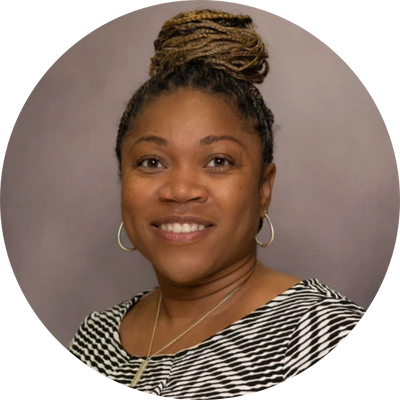Is your educator workforce thriving?
BloomBoard is a talent development provider that helps school districts with educator pipeline, advancement, and retention solutions. We offer turnkey programs to move educators forward at all points of their professional journey—from becoming a Teacher’s Aide to becoming a School Leader.
Is Your Educator Workforce Thriving?
BloomBoard is a talent development provider that helps school districts with educator pipeline, advancement, and retention solutions. We offer turnkey programs to move educators forward at all points of their professional journey—from becoming a Teacher’s Aide to becoming a School Leader.
Why It’s Important
Your Teachers Are Your Future
Many teacher education programs are expensive, time-consuming, and not relevant to classroom practice. We’re changing that by connecting school districts to higher education institutions to create opportunity for all teachers at every level, and it all starts with
our unique on-the-job learning approach.

School Districts
Preparation, promotion, and salary advancement for every educator, at every level of your org

Higher Education Institutions
Ready-made, innovative distance learning degree and certification programs you can make your own
Who is BloomBoard
We’re Here to Help You Solve Your Teacher Shortage
BloomBoard’s turnkey Talent Development Solutions for school districts prepare, promote, and advance educators at all points in their professional journey. Watch the video to learn more.
How it Works
Turn your existing teacher support efforts and funding into your own district-branded “University”
We will assess your district’s needs, then design and implement a “Your-District U” branded program. The program will connect your educators to higher education institutions that offer unique, on-the-job certification and degree options for their specific needs and goals.
On-the-Job
A unique portfolio-based, coaching-supported learning approach that allows your teachers to earn accredited degrees and certifications by showing what they know in their classroom practice.
Purpose-Based Learning
Meaningful, measurable growth in teacher classroom practice and linkages to salary and career advancement via accredited degrees and state certifications.
Turnkey Program Implementation
Program design, recruitment, implementation, and recognition to honor your educators and their work, while elevating their careers.
School District in Action
Hear how Florida-based Hernando School District is partnering with BloomBoard to address the teacher pipeline and retention crisis by offering on-the-job education degrees.
By the Numbers
BloomBoard drives real outcomes for your teachers and your district
When you provide meaningful development and advancement opportunities for your teachers, it becomes your competitive advantage. BloomBoard helps you support teacher development and improve classroom effectiveness.

87%
of educators indicated that BloomBoard’s learning model has had a positive impact on their practice as an educator.

90%
of educators found our coaching support valuable or extremely valuable.

87%
of educators found the assessor feedback provided through BloomBoard valuable or extremely valuable.
In their Words
Education Changes Lives
See firsthand how BloomBoard has made a real difference for both teachers and their school districts.

Dr. Devon Horton, Superintendent, DeKalb Co. Schools, Georgia
“By providing accessible professional growth opportunities for your staff, you’re not only elevating and advancing your existing educators, you’re becoming an employer of choice to attract more high-quality, dedicated teachers.”

Dr. Rovel Pollock, Director of HR, Valley View Schools, Illinois
“In order for us to advance educational outcomes for students, we have to invest in the adults we are putting in front of students. At Valley View, we recognize the power of mentorship, professional development, and coaching. And so, we’ve invested in this program to grow our educators.“
Are you ready to create meaningful professional learning
and advancement opportunities for your teachers?
Schedule time to talk with one of our experts to learn how BloomBoard can help your school district create a sustainable educator pipeline and a thriving workforce that will flourish in your district.
